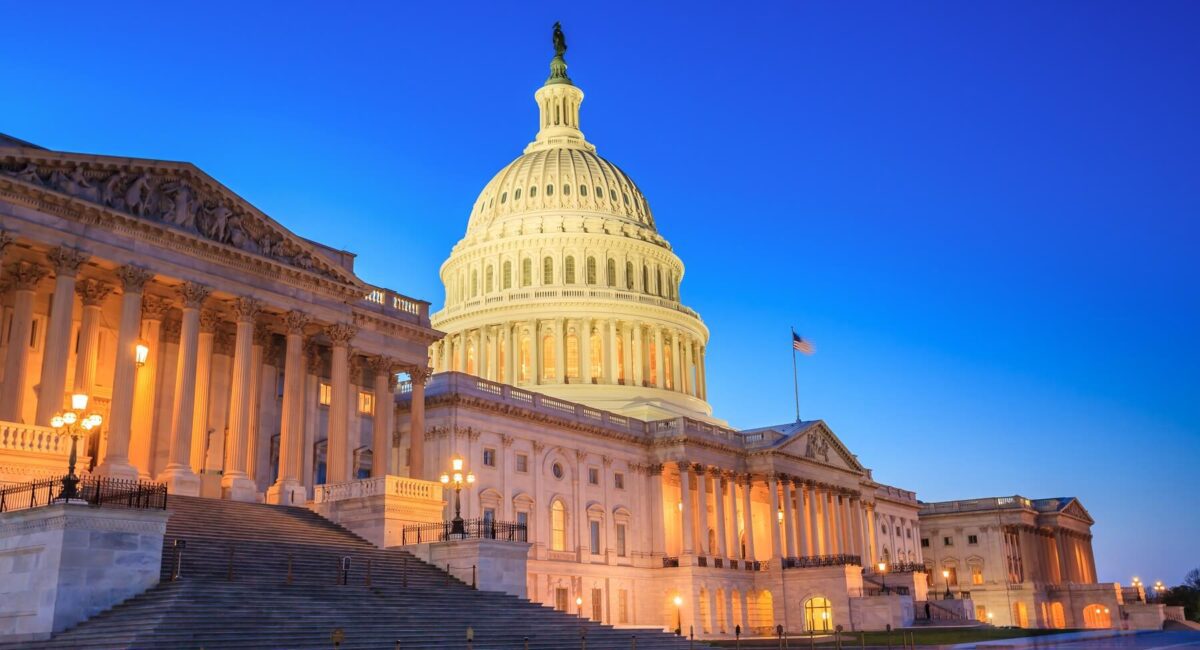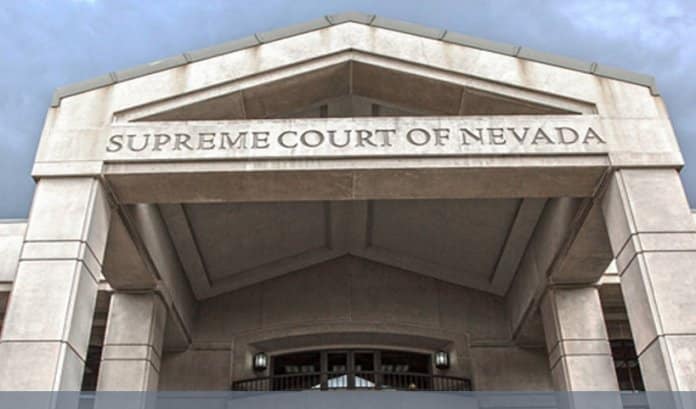ISAACSON LAW BLOG
2023 Legislative Update – Second Update

2023 Legislative Update – Second Update
March 20, 2023, puts us forty-three days into the 82nd Legislative Session. Only seventy-seven days remain! Last week, two bills were introduced, which if passed, would have profound effects on Nevada community associations. A summary of those bills is as follows:
Assembly Bill 309
AB309 would allow the use of electronic ballots for the election and removal of board members and for the election of delegates or representatives to exercise the voting rights. If it passes, AB309 would make further changes to the election and removal process, including:
- Allowing board members who are subject to a removal election to submit a written request for a Board meeting to discuss the removal.
- Allow an association to conduct a vote for the election or removal of a Board member without a meeting.
- Authorizing the election or removal vote without a meeting.
- Allow the units’ owners to vote by using voting machines.
- Establish requirements relating to the use of electronic voting for the election or removal of a board member without a meeting.
In addition to revising how elections are conducted, AB309 would further:
- Authorize money in the operating account of an association to be withdrawn without the usual required signatures for the purpose of making certain automatic and annual payments.
- Requiring the Commission for Common-Interest Communities and Condominium Hotels to adopt regulations establishing the requirements relating to the transfer of certain items upon the termination or assignment of a management agreement.
In general, AB309 seeks to bring the operation of community associations in to the 21st Century and allow for greater efficiency in their operation. Isaacson Law supports the passage of AB309.
Assembly Bill 324
While AB309 seeks to bring greater efficiency to the operation of community associations, it can be said that AB324 does the opposite.
Currently, most lawsuits involving community associations must first be submitted to mediation. See, NRS 38.310. AB324 would requires the Real Estate Division to adopt regulations establishing a mechanism by which a unit’s owner who is a party to a claim submitted to mediation may deposit into an escrow account maintained by the Division an amount of money equal to any assessment that is at issue in the claim and any assessment that becomes due while the mediation is pending. Any assessment deposited in to the escrow account while the mediation is pending will be prevented from being considered “past due”.
AB324 would allow a mediator to issue a report if a party to the mediation fails participate in good faith. A finding that a party has failed to mediate in good faith would thereafter be admissible in a subsequent lawsuit should the matter not be resolved. The report would further be provided to the Division. While this requirement may seem logical and good in concept, similar laws exist. Experience shows that mediators are highly reluctant to find a party has not participated in good faith as it may cause them to lose future business. Such a provision is therefore likely ineffectual.
Currently, the law authorizes the Commission for Common Interest Communities to take against individuals who commit violations of the law. Those actions include, among other items, the imposition of an administrative fines of up to $1,000 for each violation and the issuance of an order for the removal of an executive board member. See, NRS 116.785. If a board member is found to not have mediated a claim in good faith, the Commission would further be authorized to take action.
As mentioned above, NRS Chapter 116 currently provides the mechanism for the election of board members and established the qualifications for a person to serve as a board member. NRS 116.31034. AB324 would require the Commission to conduct an election to replace board members, other than those appointed by the developer/declarant, if the Commission is notified by the Real Estate Administrator that 5 percent or more of the units’ owners have deposited money into the escrow account maintained by the Division. Therefore, homeowners could force an election – performed by the Division – merely by getting 5 percent of the owners to deposit funds into an escrow account.
Should the units’ owners spur such a forced election, other than any board member appointed by the developer/declarant, any current board member would be disqualified from being a candidate for or serving as a board member of the executive board for 5 years. Given how contentious some communities can be, such a restriction could cause community associations to become ineffectual – which is perhaps the desired effect of the legislation. Should that occur, a community association may be forced into receivership. NRS 116.3116 & 116.790.
Given that AB324 would be ineffective in causing parties to mediate in good faith and could be disastrous to the operation of community associations, Isaacson Law urges a rejection of this legislation.
Unless exempted, most bills will be required to pass out of their first house by April 25th. Isaacson Law will continue to provide updates on pending legislation as the Session moves forward. Should you have questions on any matter, please call Troy Isaacson at (702) 529-2559.

LOCATION
- (702) 529-2559
- 7575 Vegas Dr, Suite 150N, Las Vegas, Nevada 89128
BUSINESS HOURS
Monday – Friday: 8:30am to 5:30pm
Recent Blog Posts

HOA Fee Increases: Don’t Surprise Homeowners


Why “Failure to Communicate” Is a Violation

